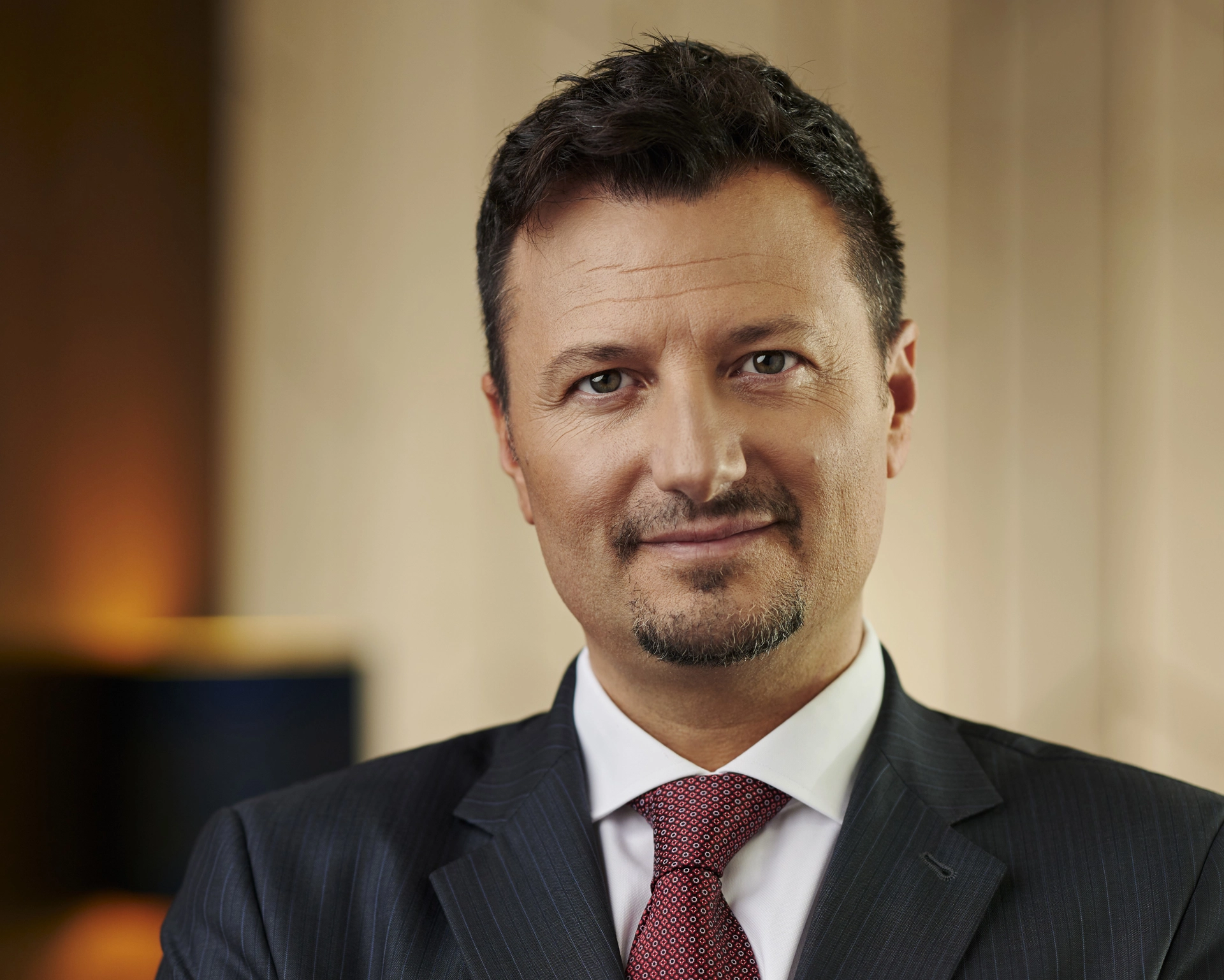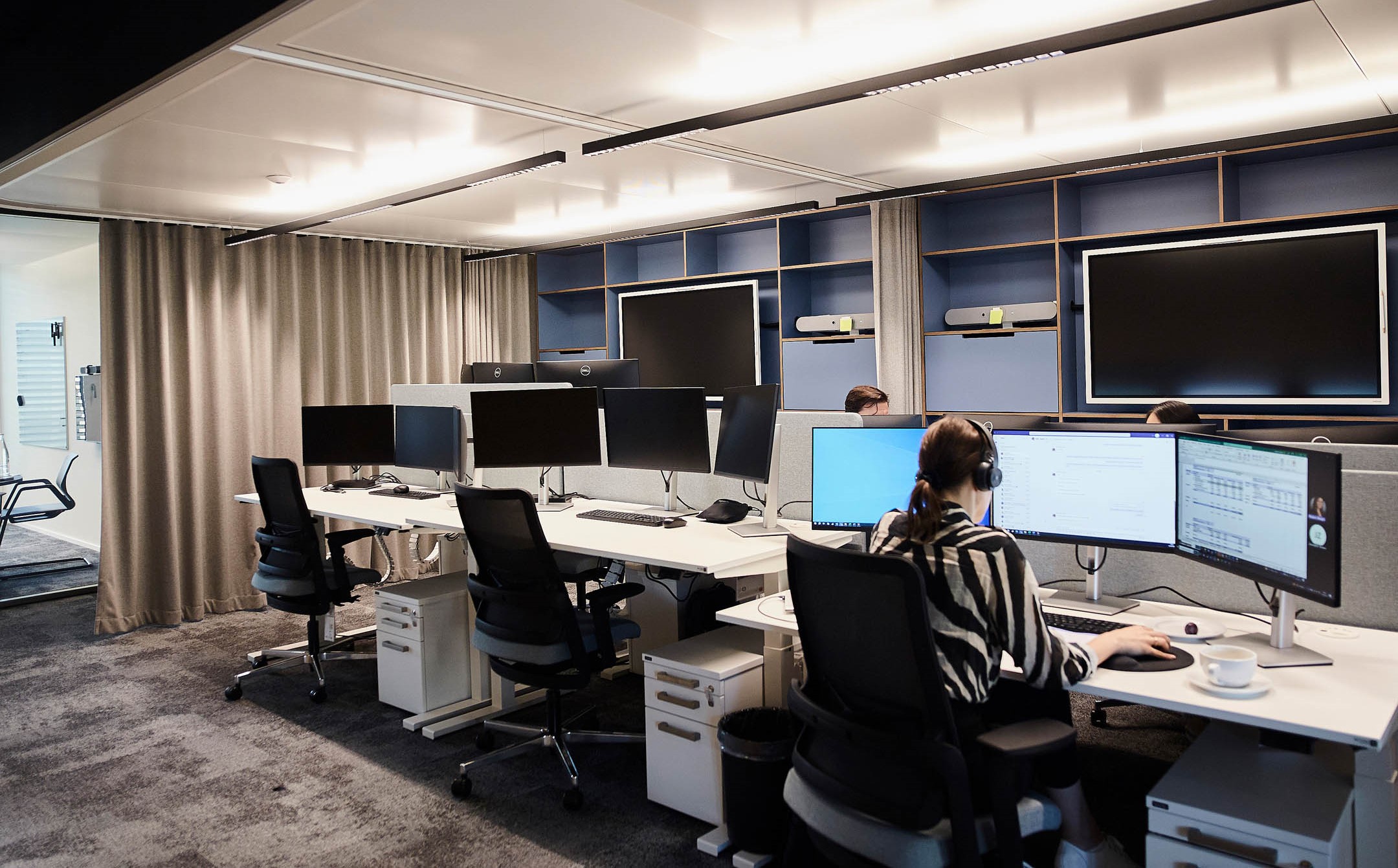
Source: Energate Messenger
He added that portfolios are interesting in principle, but his company is even more interested in gas midstream assets and assets in the field of power generation or the provision of flexibility. "If the German state wants to sell its newly acquired holdings and there is a bidding war, we are ready," Lakatos told energate.
The Swiss company MET has only been active in Germany for just over three years – since it founded its subsidiary MET Germany. It bought the former Gas Union storage portfolio from the gas company VNG. The company now employs thirty-five people in Germany. Gas and electricity sales are in the double-digit TWh range. Despite starting during difficult times – first the pandemic and then the gas crisis – Lakatos is satisfied.
"We have developed the company from a start-up into a profitable business for MET Group," he reflects, looking back. He believes a foundation has been laid in the industrial customer segment in particular. To this end, MET is working together with a number of municipal utilities. Business activities are set to "at least triple" in the coming years.
Financing not a problem
As a result of the Russian gas supply freeze, the German federal government took over the former Gazprom Germania for EUR 6.3bn, including storage operator Astora and distribution company Wingas. By the end of 2022, around EUR 14bn had been spent on the rescue and nationalisation of Uniper. When asked how MET intends to manage the billion-euro acquisition, Lakatos replied: "We have the funds, that is not a problem for us." A turnover of EUR 41bn and gas trading totalling 109 billion m3 in 2022 cannot be achieved without capital. "We have generated it."
Lakatos founded MET Group in 2007. The name is derived from MOL Energy Trading, as Lakatos was previously the head of the trading department of the Hungarian mineral group MOL. He owns 70 percent and the management 20 percent of the company. Keppel, a financially strong asset management company from Singapore, has a stake of just 10 percent.
When asked why he wants to invest in gas assets of all things, even though they will have to be phased out of the market in the next ten to fifteen years according to the German climate targets, he replied: "We believe it will be more like twenty to twenty-five years, so quite a number of years." In addition, the company expects that it will be able to realise greater value from its trading activities than the current owners.

LNG contracts not yet in sight
The goal announced in 2023 of selling LNG to German municipal utilities with long-term contracts has not yet been achieved. "Recently, prices have fallen significantly again, so market participants are no longer thinking as deeply about the issue of security of supply. I think that's wrong, especially as LNG trading works globally, unlike pipeline trading," said Lakatos. However, MET is "in talks" with some larger companies.
The capacity booking at the Lubmin LNG terminal has evidently not paid off so far. Nevertheless, Lakatos defended the decision taken at that time: "We are proud that we helped make this privately financed terminal possible with our booking and thus contributed to security of supply in Europe at a critical time."
The MET boss did not answer whether MET will also book capacity at the expanded and controversial terminal on Rügen. "MET will continue to make a contribution to bringing LNG to Germany and Europe in the future." He added that no more can be said at present.
